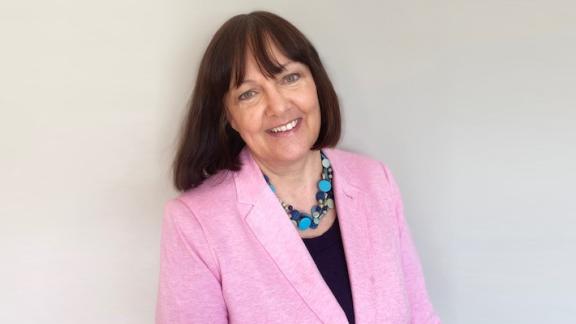ICS delay muddies leadership and threatens accountability

What we need from the centre is real clarity on accountability and a crystal-clear framework for this delay period that is understood by all parts of the health and care system, writes Louise Patten.
NHS England confirmed recently (as part of the planning guidance for 2022/23) that the implementation of integrated care systems will begin from July instead of April this year.
Integrated Care System (ICS) leaders’ reaction to the delay has been mixed. For many, the breathing room is welcome as health and care services focus their efforts on managing the ongoing Omicron pressures. The delay also gives ICS leaders the opportunity to get their board and system governance comprehensively established, shape their strategies and plans, and engage their local communities and partners before launch.
Failure in communication
What has united system leaders, however, is real frustration about how they and their staff heard about the delay. There is understanding that the parliamentary timetable was always set to be tight and that the decision had to be made. Yet once again clinical commissioning groups (CCGs) and ICSs have not been told directly of a key decision, but have heard it first through another source [HSJ, in fact].
Local authorities, who are critical partners in integrated care systems, also had no prior notification. This frustration is understandable given the huge current pressures and the fallout that leaders must deal with when such decisions come to light. It is hoped that the government and NHS England will consider this when making future announcements.
Costs, audits and empathy
What some have suggested would be helpful is a 15-month accounting period
Having to undertake the transition from CCGs to ICSs three months into a financial year also introduces complications which create significant workload for leaders and their staff. Looking ahead, NHS England and the government will therefore need to ensure there is sufficient support for systems as they adapt their planning according to the new start date. Some issues have been flagged as particularly problematic.
CCG staff who wish to continue working through the ICS now face uncertainty
With CCGs required to produce Annual Reports & Accounts, there is concern from leaders about the potential need for a ‘quarter’ version of CCG accounts for Q1 2022/23 – with audit needed for this in addition to the ARA for 2021/22. What some have suggested would be helpful is a 15-month accounting period for CCGs to cover the period, to allow for one process of accounting as opposed to two in quick succession.
An empathetic approach will be needed to manage the human aspect of the delay, with CCGs now having to deal with difficult and sensitive HR issues. While there are no figures on the exact numbers, we understand anecdotally that in many systems there are CCG staff and governing body members who had planned to retire or move on to new roles from April.
There are concerns that CCG accountabilities may be difficult to uphold
CCG staff who wish to continue working through the ICS now face uncertainty, with no security on future roles but who will be asked to keep their heads down and carry on. Who leads ICSs in the three month transition period is also uncertain where the planned ICS CEO is not the existing CCG accountable officer.
There are concerns that CCG accountabilities may be difficult to uphold for an extended period as gaps in critical roles emerge – for example, where local committees cannot guarantee quoracy. ICSs therefore face a difficult task in trying to extend notice periods and convince such individuals to stay on for an additional three months.
And on finance, many have questions over how the additional running costs for CCGs will be met to allow delivery of their statutory responsibilities until 30 June, in parallel with the new ICB arrangements that are to be introduced in shadow form.
Asking for clarity
If a further delay looks likely then ICS leaders need to be informed as early as possible
The issues above will of course be experienced to varying degrees within different ICSs and there are a range of other intricate legal, financial and logistical dilemmas not covered here. What we need from the centre is real clarity on accountability and a crystal-clear framework for this delay period that is understood by all parts of the health and care system.
We understand that the ICS establishment timeline is being updated by NHS England; this will be a critical tool for system leaders to plan what needs to be done and by when. Our members are understandably keen to see this as soon as possible. Looking further ahead, it is crucial that if – for whatever reason – a further delay looks likely then ICS leaders need to be informed as early as possible.
Managing the forthcoming transition will be a tough task for NHS England and the NHS Confederation ICS Network, representing all systems across England, will continue to support them however we can.
Louise Patten is director of the NHS Confederation’s ICS Network and chief executive of NHS Clinical Commissioners. You can follow her and NHSCC on Twitter: @LouisePatten1 @NHCCPress
This blog appeared in the HSJ on 14 January 2022.



